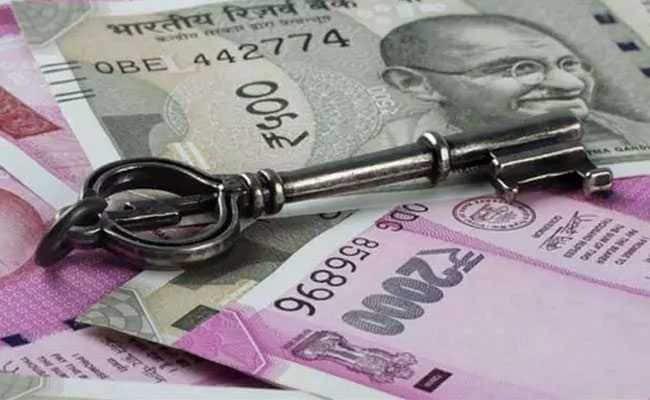INSUBCONTINENT EXCLUSIVE:
PG is the make of Pampers diapers and Gillette razors
Procter Gamble Co (PG) has agreed to acquire Merck KGaA's consumer health unit for 3.4 billion euros
($4.2 billion), giving it vitamin brands such as Seven Seas and greater exposure to Latin American and Asian markets
The maker of Pampers diapers and Gillette razors said the deal would help it expand its portfolio of consumer healthcare products which
includes Vicks cold relief.The Merck unit includes vitamin brands Femibion and Neurobion.The deal follows GlaxoSmithKline agreeing to buy
Novartis out of their consumer healthcare joint venture for $13 billion after dropping its pursuit of Pfizer's consumer unit.Pfizer has
struggled to divest the business for as much as $20 billion, after Reckitt Benckiser dropped out last month and Johnson Johnson stepped
away in January.Prescription-free remedies offer stable sales due to customers' brand loyalty, albeit at lower margins than
pharmaceuticals.But intense price competition online, mainly from Amazon, as well as cheaper store-brand products have weighed on profits in
the United States and other Western markets.United States -based PG derived 12 percent of group sales, or $7.5 billion, from health care
products last year, including Oral-B toothbrushes and toothpastes.The purchase price for Merck's business suggests that the German company
climbed down from price demands of as much as 4 billion euros, which sources told Reuters had deterred initial suitors such as Nestle,
Perrigo and Stada owners Bain and Cinven.Morgan Stanley analyst Vincent Meunier said the price still implied a valuation of 4.7 times sales
and around 19 times operating profit (EBITDA) for the business, at the high end of recent deals in the sector."This will help (Merck) focus
on its pharma unit and refurbish its pipeline," he said.Merck shares were up 0.5 percent higher at 0833 GMT, among top gainers in the German
blue-chip DAX index, having risen 1.2 percent earlier.Merck said that it fetched a multiple of about 19.5, above recent industry
transactions and based on an adjusted "economically transferred" EBITDA of 173 million euros in 2017.The proceeds would allow it to reduce
debt faster, giving its businesses, which include chemicals, pharmaceuticals and lab equipment, more flexibility, although it ruled out
acquisitions worth more than 500 million euros this year.PG also announced it will split up its consumer care joint venture with Teva, PGT
Healthcare, on July 1, saying strategies were no longer aligned.PGT accounts for nearly all of PG's personal health care sales outside of
the United States.Teva said the terms of the agreement to terminate the JV with PG would not be disclosed and that the dissolution was
amicable.Merck said the divestment of its consumer health business did not change its goal of keeping net sales of its established
prescription drugs, such as Erbitux against cancer and multiple sclerosis treatment Rebif, organically stable until 2022.It will issue
guidance for 2018 to reflect the sale of the consumer healthcare business with it publishes first-quarter financial results on May 15, it
said.INDIA BUSINESSAbout 3,300 Merck employees could move to PG upon completion of the transaction, which is expected by the fourth
quarter.As part of the deal, PG will buy a majority stake in the German company's Indian consumer health business, Merck Ltd, and
subsequently make a mandatory tender offer to minority shareholders.A final agreement with PG on Merck's French consumer health business
has yet to be worked out with labour representatives but that will not change the overall price agreed with PG.JP Morgan acted as financial
edited by staff and is auto-generated from a syndicated feed.)

